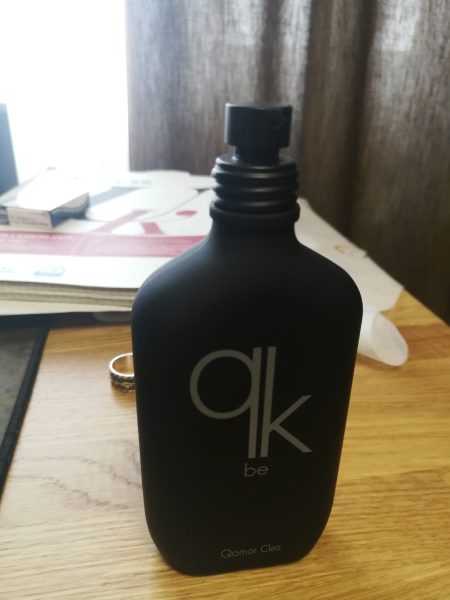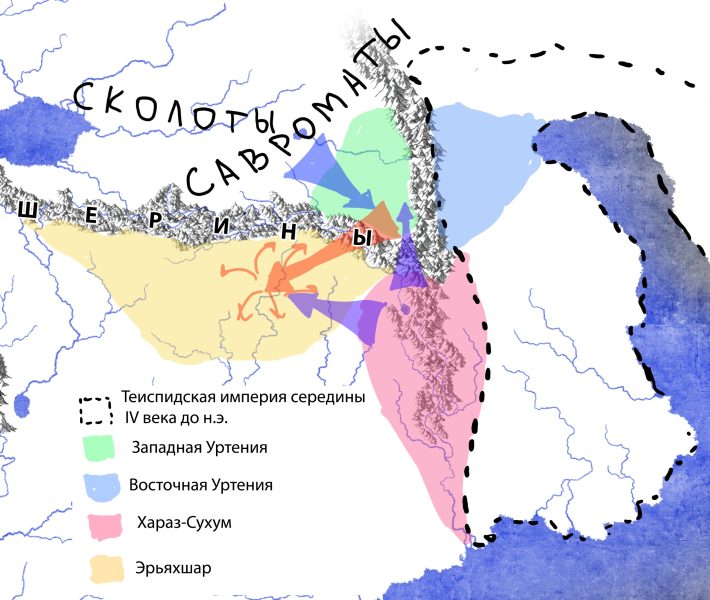The other day I was casually asked a slightly unexpected question: what is the natural smell of Gearts? It sounds a little strange, I won’t lie - there should be enough information on the Internet, right? So, it turned out that there is too much of it there: opinions vary from the fact that a healthy jeart without perfume should normally smell like bread (I wonder, rye or wheat?) and to the fact that we have a strong musky aroma.
I want to dispel all these myths a little and tell it approximately as it really is. To a person with a poorly developed sense of smell (probably about 80% of the entire globe), a healthy geart will smell faintly of musk. The thicker the wool, the stronger the smell, because hair absorbs aromas very well. If you have a dog at home (preferably some northern breed), and you take good care of it, you can smell it - it won’t be very similar, but on the whole you can get some idea. By and large, that's all.
It is clear that the smell is different for everyone (just as it is different for all people, and indeed all living beings, in fact), and it very much depends on the food and other habits of a particular individual. Roughly speaking: if you eat shit, don’t be surprised that you smell like it later.
Another thing is that the vast majority of Gearts use one or another perfume, and the history of their origin is very different from that of all representatives of the genus Homo. If people initially tried to mask the aromas of sweat, rotten teeth, etc. with the help of perfume, then Gearts, on the contrary, emphasized their natural smell. That’s why in our perfumery heavy aromas are represented a little less than nothing - instead of emphasizing, they simply drown out everything to hell. Alva perfumery works in a similar way, and the two have a very complicated relationship with centuries of competition and disputes for primacy. Maybe I'll tell you later.
And finally: I personally (no, no, this is not an advertisement, don’t think about it in any case) use Qomor Clea Be - a nice, relaxed aroma with a citrus top. It’s hard to say how suitable it will be for people with elves and dvergs, but you can try. Hello everyone, smell good!








